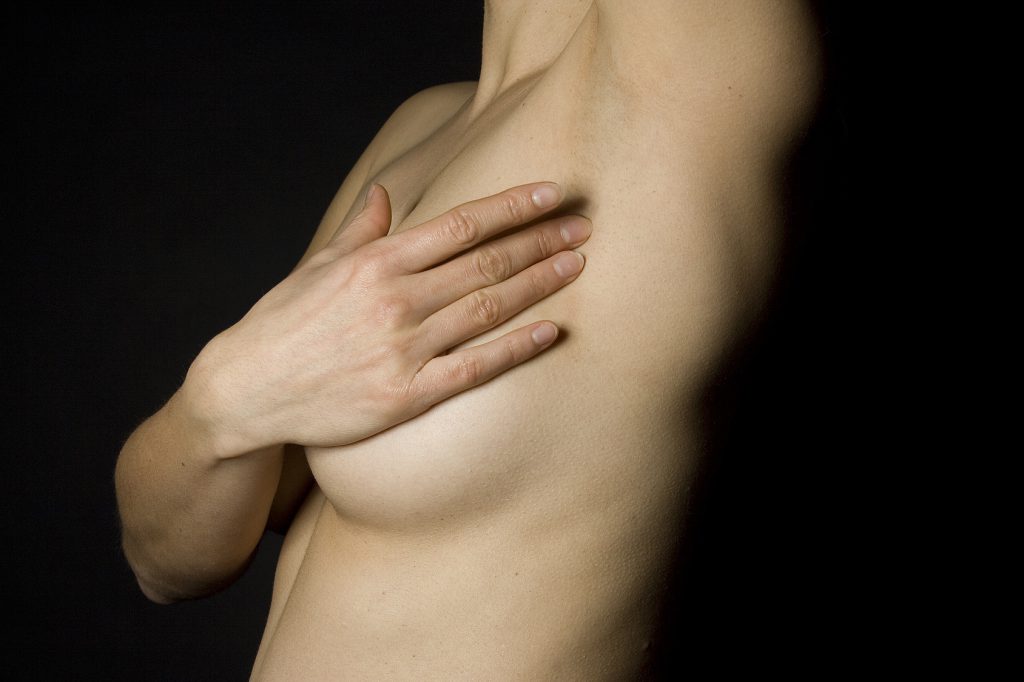How does an increased biological age on the risk of breast cancer?
The so-called biological age of humans, a DNA-based estimate of the age of a Person is associated with the risk of developing breast cancer. If women have an increased biological age of five years, compared with their normal age, this increases your risk of breast cancer by 15 per cent.
The scientists of the National Institute of Environmental Health Sciences (NIEHS) found in their recent study, that women with a age of increased biological age, a greater risk for breast cancer. The doctors published the results of their study in the English journal “the Journal of the National Cancer Institute”.

How was measured the biological age?
The biological age of the participants was determined by measurement of DNA methylation, a chemical modification of the DNA, which is part of the normal aging process. The results show that for all five years, which is the biological age of a woman was older than her chronological or actual age, an increased risk for the development of breast cancer by 15 percent. The experts suggest that the biological age may be tied to environmental exposures. The researchers used three different measures, the so-called epigenetic clocks to the biological age estimate. The watches measure the methylation at specific sites in the DNA. The researchers used these watches in order to determine the biological age, which was then compared with the chronological age. They used for this purpose, DNA from blood samples from more than 50,000 women in the United States and Puerto Rico – from another NIEHS study. The study was specifically designed to identify environmental and genetic risk factors for breast cancer. The doctors measured the methylation in a subset of 2.764 women, at the time of the blood of all the cancer removal.
What influences the biological age?
The experts were able to identify that contributed to that, if the biological age of the women was older than her chronological age, this is an increase in the risk of breast cancer. The opposite was surprisingly also true, say the doctors. If the biological age was younger than chronological age increased the risk of breast cancer. It is as yet unknown, such as pollutant exposures and life style factors, the biological age can influence, or whether this process can be reversed.
Variability of health through biological age is more detectable
The authors of the study had focused on studies in which epigenetic watches were used to the age-related mortality to predict. Since the age is one of the main risk factors for breast cancer, suspected by the experts that the acceleration of ageing may be associated with a higher risk of breast cancer. People of the same age have different health, some may be perfectly healthy, while others suffer from various diseases. This variability of health can be detected by the biological age better than chronological age, explain the doctors. The use of DNA methylation for the measurement of biological age could help to better understand which people are at increased risk for the development of cancer and other age-related diseases. (as)
